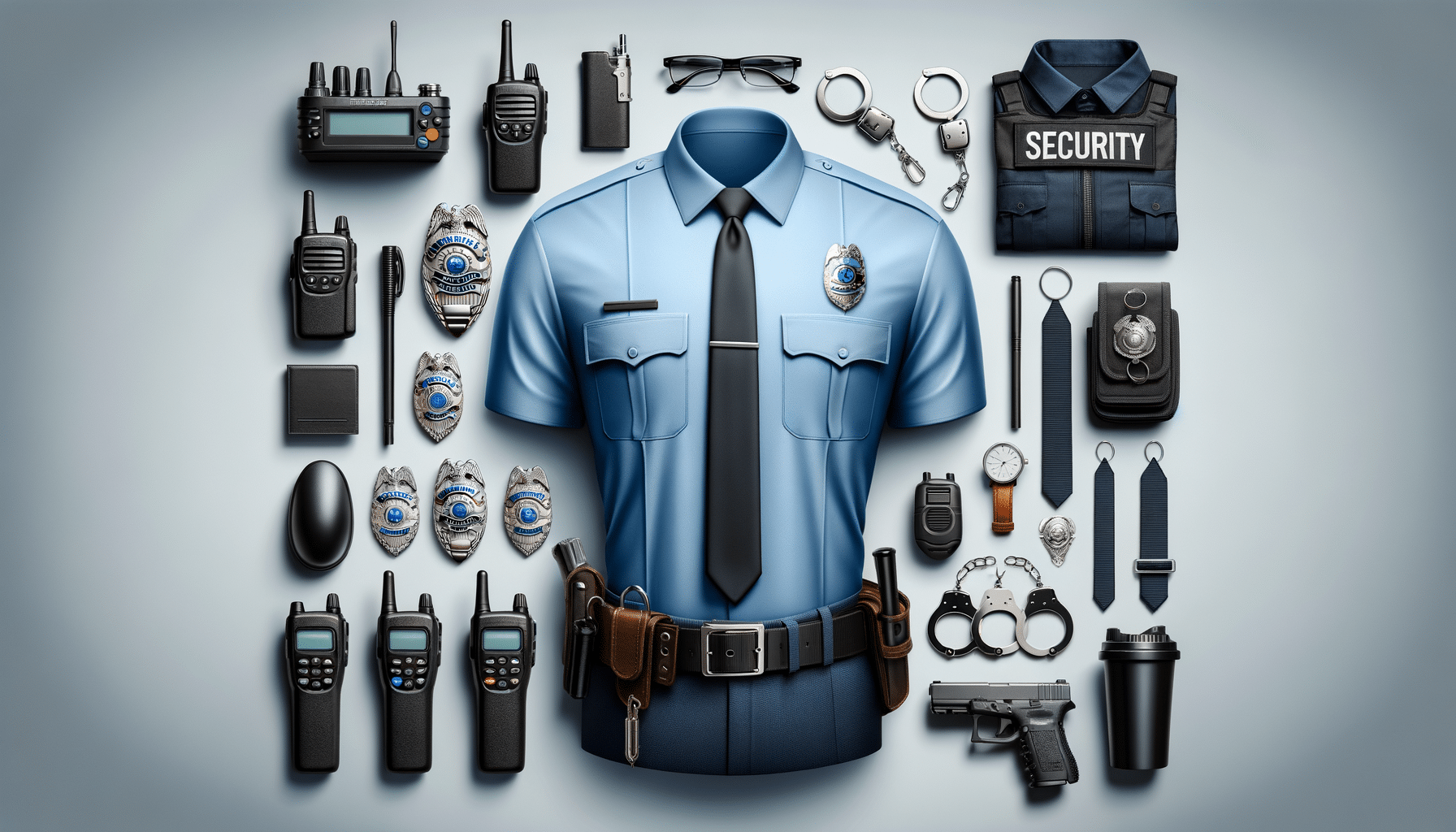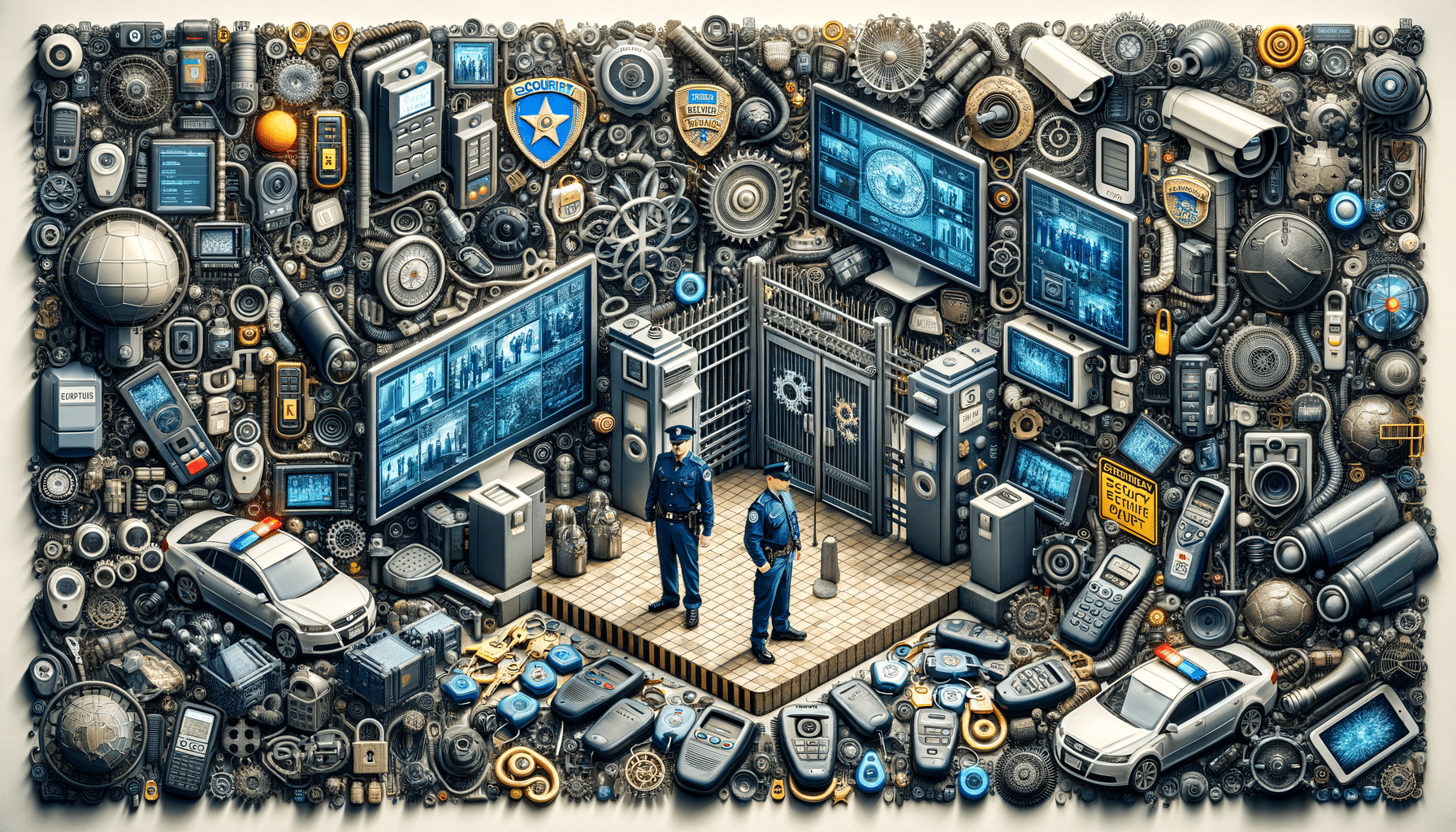
security guards
Introduction to Security Guards
In today’s world, security guards play a crucial role in maintaining safety and order across various environments. Whether it’s a bustling shopping mall, a quiet residential neighborhood, or a high-stakes corporate office, security personnel are often the first line of defense against potential threats. Their presence not only deters criminal activity but also provides peace of mind to the public and employees alike.
As crime rates fluctuate and security concerns evolve, the demand for qualified security guards continues to rise. These professionals are tasked with a wide range of responsibilities that extend beyond traditional perceptions of their role. This article explores the multifaceted nature of security guards, their training, and the impact they have on society.
The Diverse Responsibilities of Security Guards
Security guards are entrusted with a variety of duties that require vigilance, quick thinking, and a strong sense of responsibility. Their primary role is to protect people, property, and information from harm. However, their day-to-day tasks can vary greatly depending on the setting and specific needs of their employers.
Common responsibilities include:
- Monitoring surveillance equipment and conducting regular patrols to ensure premises are secure.
- Controlling access to buildings and verifying the identity of individuals entering secure areas.
- Responding to alarms and investigating disturbances to assess potential threats.
- Providing assistance and guidance to visitors and employees.
- Collaborating with law enforcement and emergency services during incidents.
In addition to these tasks, security guards often serve as customer service representatives, answering questions and providing directions to those in need. Their ability to remain calm under pressure and communicate effectively is essential in maintaining a safe and welcoming environment.
The Importance of Training and Certification
To perform their duties effectively, security guards must undergo rigorous training and obtain the necessary certifications. This ensures they are equipped with the skills and knowledge required to handle a wide range of situations. Training programs typically cover topics such as conflict resolution, emergency response, and legal regulations.
Moreover, security guards are often required to renew their certifications periodically, ensuring they stay up-to-date with the latest security protocols and technologies. This commitment to ongoing education is vital in adapting to new challenges and maintaining the highest standards of professional conduct.
Employers also play a crucial role in supporting the development of their security personnel by providing access to advanced training opportunities and encouraging a culture of continuous improvement. By investing in their guards’ education, companies can enhance the overall effectiveness and reliability of their security teams.
The Impact of Technology on Security Operations
Technology has significantly transformed the landscape of security operations, offering new tools and resources that enhance the capabilities of security guards. From advanced surveillance systems to mobile communication devices, technology enables guards to perform their duties more efficiently and effectively.
For instance, the integration of artificial intelligence in security systems allows for real-time analysis of surveillance footage, enabling guards to identify potential threats more quickly. Additionally, mobile apps and communication platforms facilitate seamless coordination among security teams, ensuring a swift response to incidents.
However, the adoption of technology also presents challenges, such as the need for guards to stay informed about the latest advancements and potential cybersecurity threats. Continuous training and adaptation are essential in leveraging technology to its fullest potential while safeguarding sensitive information.
Conclusion: The Evolving Role of Security Guards
As society continues to evolve, so too does the role of security guards. Their importance in maintaining safety and security cannot be overstated, as they adapt to new challenges and embrace technological advancements. By understanding the diverse responsibilities and rigorous training required, we can better appreciate the vital contribution of security guards to our communities.
Ultimately, security guards are more than just protectors; they are integral members of the community who work tirelessly to ensure the safety and well-being of those around them. As we look to the future, the demand for skilled security personnel will undoubtedly grow, highlighting the need for ongoing investment in their training and development.


